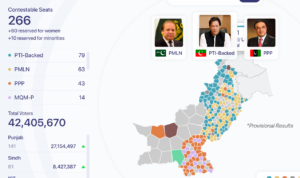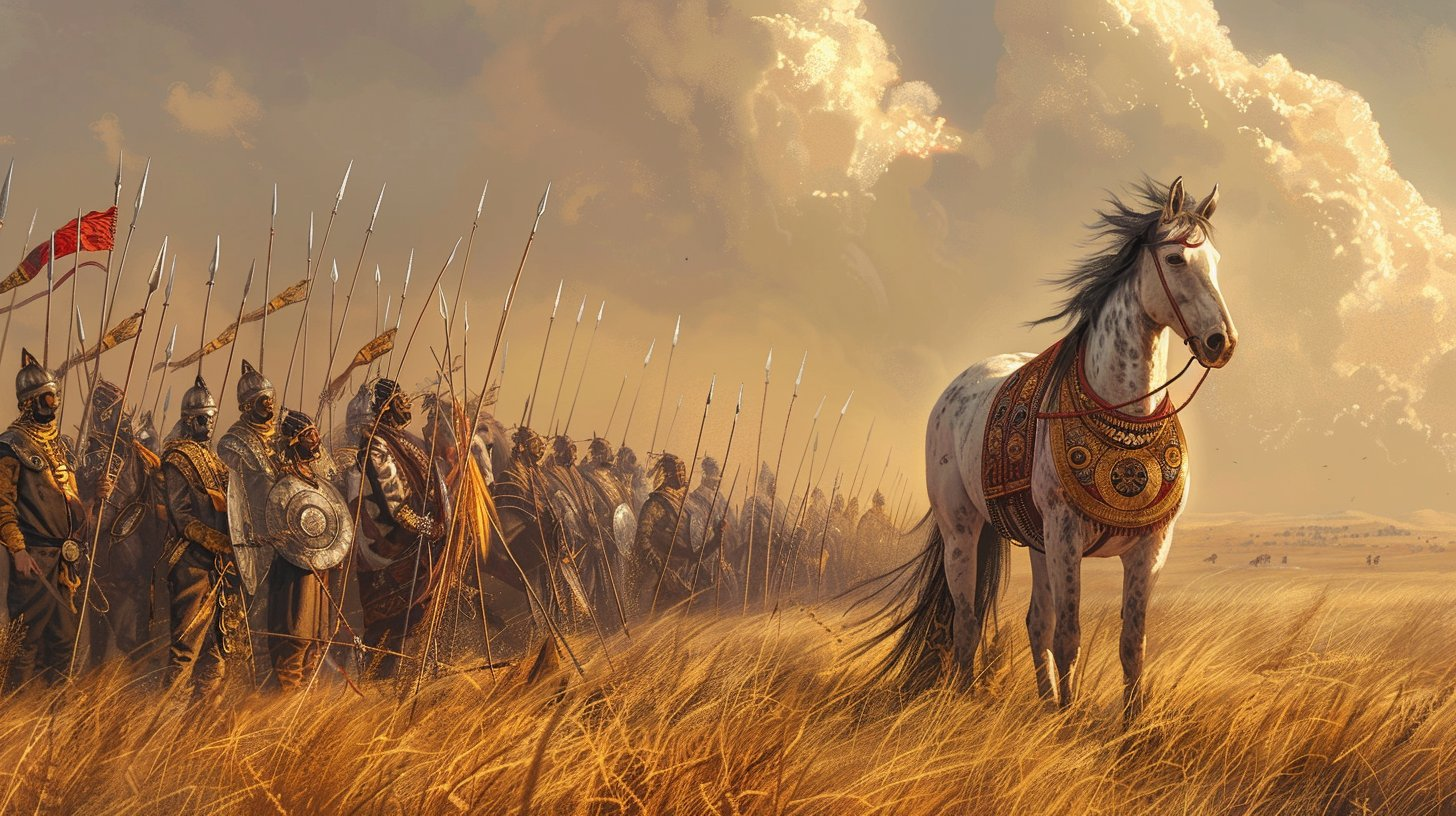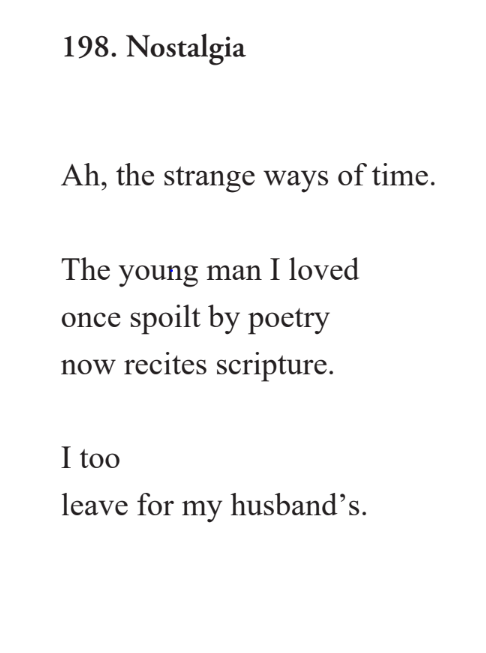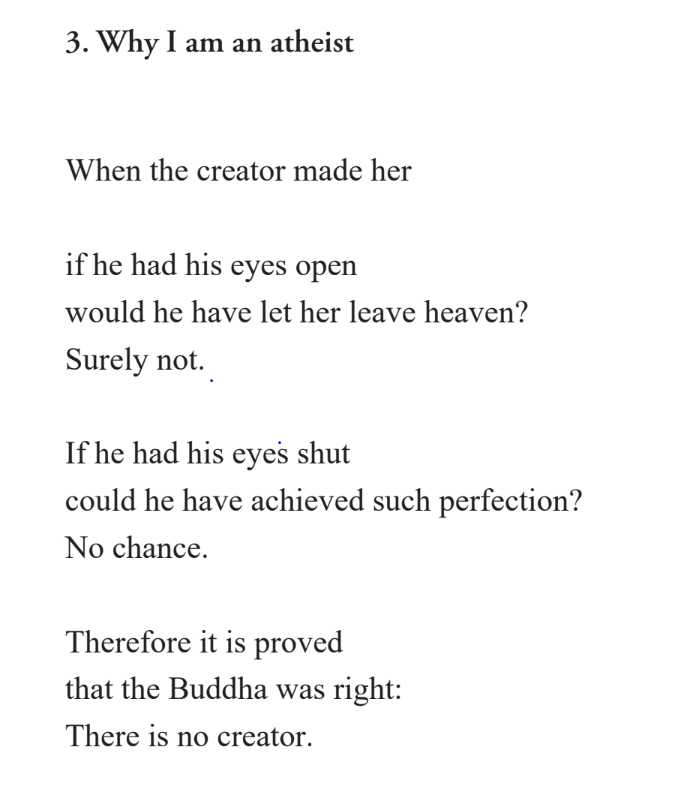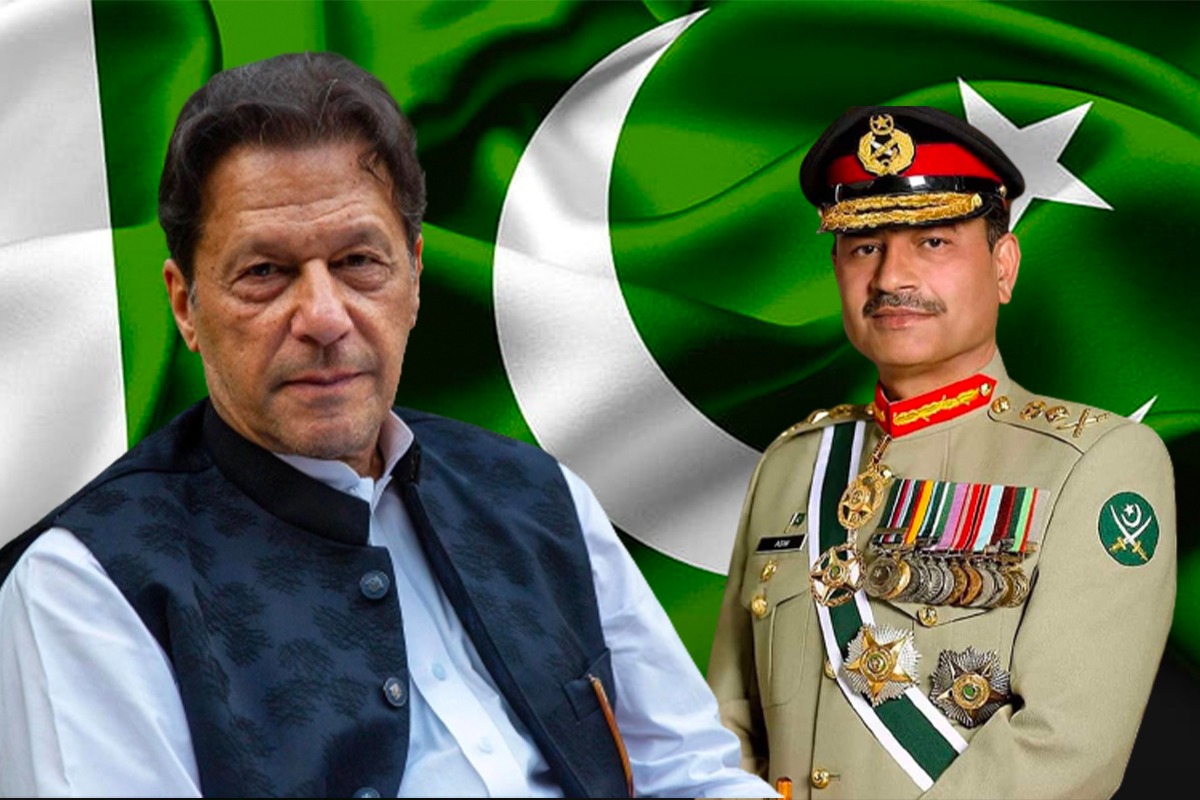As everybody knows by now, Pakistan held a general election on February 8th and the results (such as they are, rigging is still going on as we write, so not all the results are here) are a shock for the army and the parties it had roped in to remove their own creation (Imran Khan).
Imran Khan was brought into power in 2018 as part of a longstanding army project to get rid of bothersome civilian politicians. To arrange that victory the army had used its various levers (pliant judges, ISI pressure, pliant media etc) to remove Mian Nawaz Sharif from power and when the numbers still seemed uncertain after the voting, they delayed results and arranged “positive results”. But Imran Khan proved a disaster at governance and by 2021 the army chief (Bajwa) had lost faith in Khan and in typical army fashion now “arranged” a vote of no confidence against Khan. Somewhat to their surprise, Khan refused to go gentle into that good night and launched a campaign of defiance. Since Bajwa himself was playing double games (probably in the hope of getting another extension as army chief) and was a rank incompetent in any case, the entire saga was shambolic even by Pak army standards. Khan was especially successful in turning the army’s own mildly jihadi paknationalist narrative against them. And he MUST get credit for having the guts to do so. It is not like it was not available to other parties, but outside of fringe leftist or Islamist groups, no major party ever dared to attack the pak army as traitors and american agents. Khan had no such hesitation, he made it the main plank of his resistance, and it worked, spectacularly. He also had the benefit of Bajwa’s rank incompetence and all round goofiness and the terrible economic performance of the coalition the army had put together to overthrow him was the icing on the cake.
When the army finally arrested Khan, his supporters tried to incite a coup against the new army chief (Hafiz Asim Munir) and may have had the sympathy of a couple of senior generals, but the attempt failed and when you go at the king, you best not miss.. once they missed, Hafiz was able to launch a massive crackdown against the PTI and it seemed like they had no future left. But continuing economic crisis meant the public remained unhappy and the caretaker regime’s blatant authoritarian and undemocratic maneuvers REALLY turned off the new educated youth, who were more idealistic than their elders; every unfair means used against Khan increased his support in that demographic.
I have never been a fan of Khan sahib but even I could see that PTI is more popular than anyone in the establishment camp. And being in the establishment camp really hurt the PMLN, who had themselves been victims of establishment shenanigans in the past but now sacrificed their anti-establishment narrative for a short chance to rule followed by establishment support in the election. That proved to be a game changer. Their lethargic campaign and mixed and confused messaging added to their woes. Still, many people (including yours truly) thought that all the pre-poll rigging by the army and the fact that PTI had been denied the chance to run as a single party would be enough to squeeze out a PMLN win (though I also thought the army prefers a hung parliament, so they wont let them win big either). But paradoxically the state’s oppression of PTI removed all the opportunists and charlatans the army itself had gifted to them in 2018 and the young idealists who were left proved up to the task. They managed to get a candidate on almost every seat (running as independents as the party was kept out of the running via undemocratic means) and they managed to use social media to let their voters know who the candidate is in every constituency. This is a major achievement and they deserve FULL credit for doing that.
Come election day, the establishment allowed mostly free and fair voting. Somehow their own assessment was that this will produce a fractured mandate with PMLN in the lead, but still dependent on them for arranging turncoats and supporters for them to make it to the magic number. They allowed PTI to run all their independents (probably feeling that too much in the hands of PMLN will not be good for them either) (I say “let them run” because considering the undemocratic means at their disposal, they COULD have done more to suppress these people, it was not beyond their abilities) and waited for the voting to end.
The voters then delivered their verdict. PTI having no “ground game” proved irrelevant. The common people of Pakistan (at least in the “Pakistani” zones of Punjab and KPK) came out in droves to “vote out the scoundrels” and there was a PTI landslide in KPK and in many parts of Punjab. They may even have had a lot support in Karachi, but turnout was lower and (maybe with some rigging) they did not do as well there. They did not make a dent in rural Sindh (where sindhi identity is still strong and Sindhis know that PPP is the only Sindhi party in the game) and there has not been a real election in Balochistan for decades. STill, in most of Pakistan the “independent” candidates put up by the PTI won in large numbers. Having miscalculated and now with massive egg on their face, the establishment was forced to go back to its old shenanigans and they have delayed results on many constituencies, clearly trying to alter the result in close races (eg, i know for a fact that young lawyer Taimur Malik of the PTI upset ex-prime minister Yusuf Gilani in Multan, but that seat’s result was delayed and then announced in Gilani’s favor).
But even after this post-poll rigging, it is now clear that PTI has won KPK by a landslide and has won about half the seats in Punjab. That makes them the biggest single “party” but of course on paper they are not one party, they are 125 independent MNAs (members of the national assembly). That means there is still the possibility (really, probability) that the establishment will cobble together a coalition of some favored parties plus whatever independents they can buy or cajole. Ideally the army would like to make lemonade from the lemons they have gathered together, creating some kind of “national unity govt” that is run by GHQ from behind the scenes, but more likely they will end up with a useless and fractured govt and it will not last too long. Pakistan will have another election within two years (or less), or it will have a military coup. Same old, same old. And all other crises are still bubbling along. “Militancy”, separatist insurgency, economic crisis, poor governance. The show must go on.
Just to be clear, if you think like a democrat the obvious solution is to let PTI constitute its MNAs into one party and let them form governments where they can. But keep in mind that we are talking about Pakistan, where the army has ruled for decades, directly or indirectly, so this is more or less a pipe dream. The country is run by the army and the apparatus of the Raj (now rusted and decayed, but still the machinery that actually runs the country) and ALL parties are badly compromised. PTI itself runs on vibes and has no serious economic or foreign policy plan (if Khan stays in prison they could conceivably find a competent leader to run the govt but they are a personality based party and will not be able to keep khan on the side.. if they are in power, they have to have Khan in power and khan is an incompetent goof at that job, though one must give him credit for taking a clear stand and fighting back. And of course, FULL CREDIT to the young guns of the PTI who mananged, under very adverse circumstances, to fight back and win. A job well done. Young people in Pakistan are sick of the terrible governance and all the unfair means used by the establishment. They have spoken out against it in this election. Unfortunately, this is pakistan, so Allah will not give us any unalloyed good. Young uns are idealistic and are rejecting the authoritarian and oppressive establishment, but ideologically they are all over the place, the default narrative is PMA-level paknationalist (which is why they are extra angry now, because they think big bad America has kicked out their hero, who was trying to do the Islamic Paknationalist thing and was stopped by anti-islam and anti-pakistan forces). They have done a great thing on February 8th, but all the other realities remain unchanged.
It is what it is.
If you want to see my pre-election thoughts, i did a podcast:
My podcast when Imran Khan was arrested is here: https://www.brownpundits.com/2023/05/11/pakistan-crisis-the-arrest-of-imran-khan/
My article from 2011 about Imran Khan (I never liked him in politics).
Seat position per Dawn.com as I write this (a bit misleading because they are not showing many independents as PTI when they really are):
